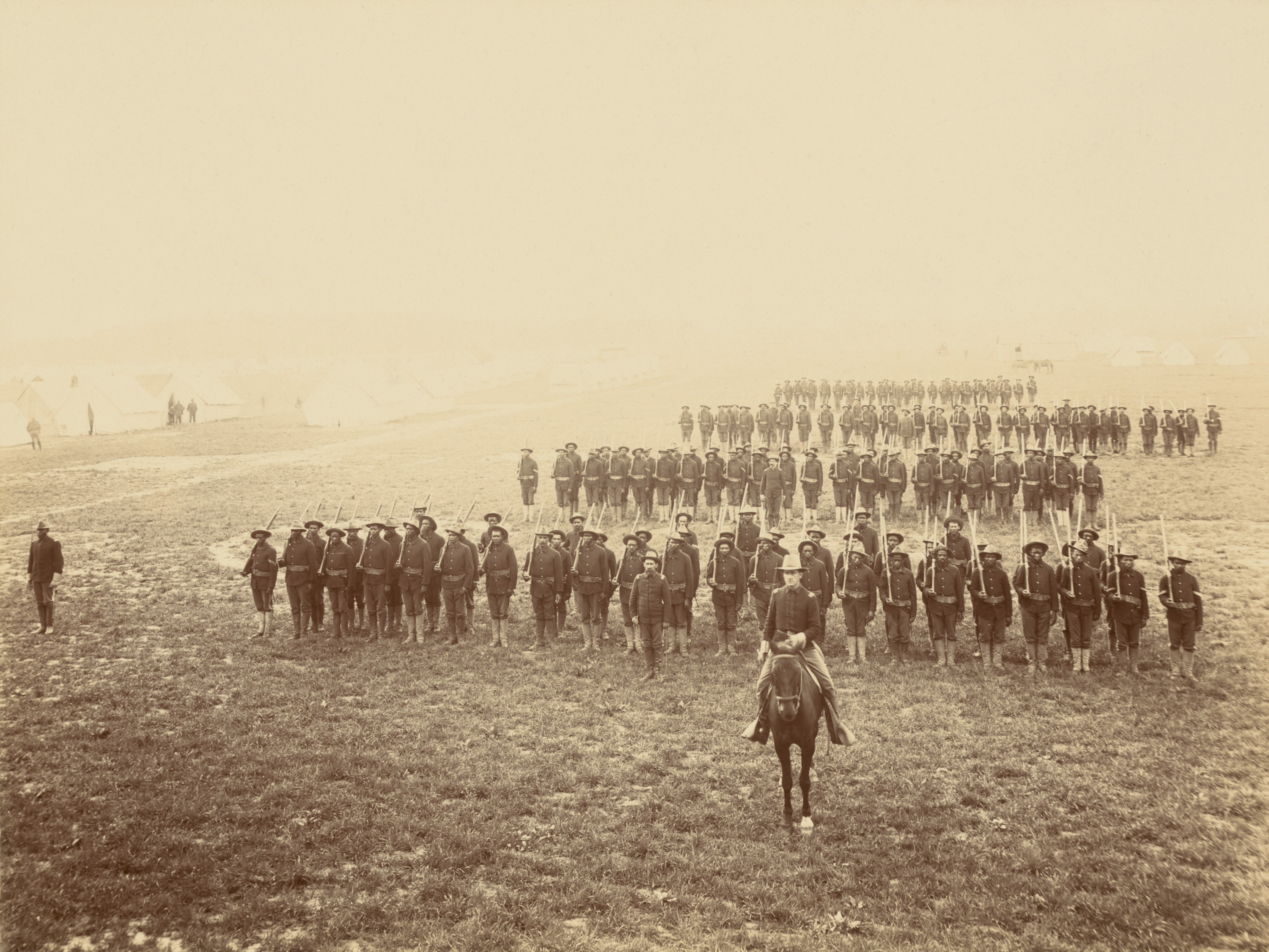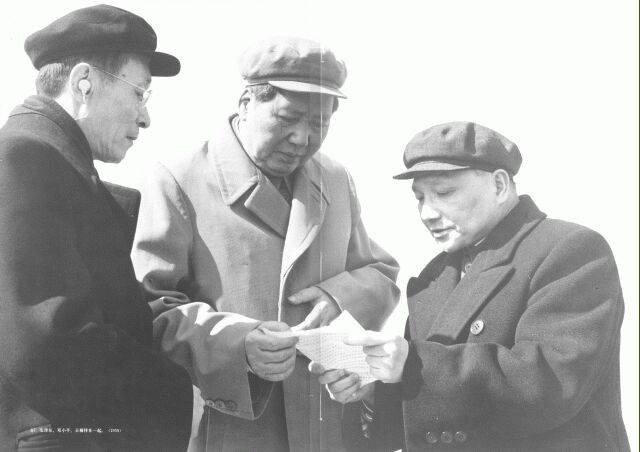There is a civil war which is really about the unity of the country – whether the south should be allowed to secede from the north. The civil war is the most important war the United States had to face. More Americans were killed than in the First or the Second World War. It ends with the victory of the north, but is that the end of the American Revolution? No, because the period of reconstruction in which Black people were expected to obtain equal rights ended.
So, the American Revolution, one might argue, has only been over since the civil rights movement of the 1960s. Some people – supporters of the Black Lives Matter – movement, might say it’s not quite finished.


